The views expressed in our content reflect individual perspectives and do not represent the authoritative views of the Baha'i Faith.
Did you hear about the time Diogenes, the famous truth-seeking philosopher, met Alexander the Great? It didn’t go so well for the king.
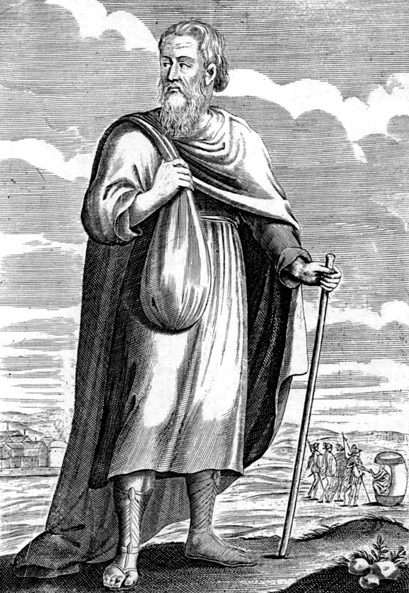
Diogenes
Diogenes, known far and wide for his philosophy that rejected the materialism and the artificial constraints of Greek society, lived in a barrel on the street in Corinth. Actually, he had given up everything he owned and become voluntarily homeless to show his disdain for materialism. Plutarch wrote that Alexander, who sought out and was thrilled to meet the famous philosopher, stood in front of a seated Diogenes and asked if he could do anything for him.
“Yes,” Diogenes said. “Stand out of my sunlight.”
The philosopher, whose attention was fixed on a pile of human bones in front of him, continued staring intently at the pile, and Alexander the Great, the most powerful man in the world at the time, the pupil of Aristotle and the son of King Phillip II, asked Diogenes what he was doing.
“I am searching for the bones of your father,” Diogenes said, “but cannot distinguish them from those of a slave.”
These legends and stories tend to be embellished over time, and because it’s been 2300 years since their purported encounter, you have to take Plutarch’s account of Diogenes and Alexander the Great with a large grain of salt, or maybe several. The story, apocryphal or not, has survived this long because it does illustrate an important truth: in life our stations may be vastly different; but in death we become equals. Earthly wealth, pomp and circumstance mean nothing in the grave.
The Baha’i teachings reflect on this important theme long and often, as do the teachings of every great Faith. They caution us not to give too much importance to rank, position or worldly distinction—because they are all temporary, important in this world for a short time, but not in the next, which is eternal.
In this very Socratic passage from one of his tablets, Baha’u’llah asks all of us the same essential question Diogenes asked Alexander:
Gazing upon those who sleep beneath the gravestones, embosomed in the dust, could one ever distinguish the sovereign’s crumbling skull from the subject’s mouldering bones? Nay, by Him Who is the King of kings! Could one discern the lord from the vassal, or those that enjoyed wealth and riches from those who possessed neither shoes nor mat? By God! Every distinction hath been erased, save only for those who upheld the right and who ruled with justice.
Whither are gone the learned men, the divines and potentates of old? What hath become of their discriminating views, their shrewd perceptions, their subtle insights and sage pronouncements? Where are their hidden coffers, their flaunted ornaments, their gilded couches, their rugs and cushions strewn about? Gone forever is their generation! All have perished, and, by God’s decree, naught remaineth of them but scattered dust. Exhausted is the wealth they gathered, dispersed the stores they hoarded, dissipated the treasures they concealed. Naught can now be seen but their deserted haunts, their roofless dwellings, their uprooted tree-trunks, and their faded splendour. No man of insight will let wealth distract his gaze from his ultimate objective, and no man of understanding will allow riches to withhold him from turning unto Him Who is the All-Possessing, the Most High.
Where is he who held dominion over all whereon the sun shineth, who lived extravagantly on earth, seeking out the luxuries of the world and of all that hath been created upon it? Where is the commander of the swarthy legion and the upraiser of the golden standard? … Where are those before whose munificence the treasure-houses of the earth shrank in shame, and at whose largesse and swelling spirit the very ocean was abashed? Where is he who stretched forth his arm in rebellion, and who turned his hand against the All-Merciful?
Where are they who went in quest of earthly pleasures and the fruits of carnal desires? Whither are fled their fair and comely women? Where are their swaying branches, their spreading boughs, their lofty mansions, their trellised gardens? And what of the delights of these gardens—their exquisite grounds and gentle breezes, their purling streams, their soughing winds, their cooing doves and rustling leaves? Where now are their resplendent morns and their brightsome countenances wreathed in smiles? Alas for them! All have perished and are gone to rest beneath a canopy of dust. Of them one heareth neither name nor mention; none knoweth of their affairs, and naught remaineth of their signs.
What! Will the people dispute then that whereof they themselves stand witness? Will they deny that which they know to be true? I know not in what wilderness they roam! Do they not see that they are embarked upon a journey from which there is no return? How long will they wander from mountain to valley, from hollow to hill? “Hath not the time come for those who believe to humble their hearts at the mention of God?” Blessed is he who hath said, or now shall say, “Yea, by my Lord! The time is come and the hour hath struck!”, and who, thereafter, shall detach himself from all that hath been, and deliver himself up entirely unto Him Who is the Possessor of the universe and the Lord of all creation. – Baha’u’llah, The Summons of the Lord of Hosts, pp. 129-131.
The only leaders who have a lasting impact on history, Baha’u’llah says clearly here, are those “who upheld the right and who ruled with justice.” Their worldly power and pleasures, their castles and their wealth and their mighty armies all crumble, dissipate and fade into the forgotten past, and the only thing that remains is the memory of the inner spiritual attributes they revealed to the people they ruled.
With that in mind, in the next essay in this series, let’s look at one of the most popular and widely-accepted modern explanations of history: the everyman theory.
You May Also Like
Comments



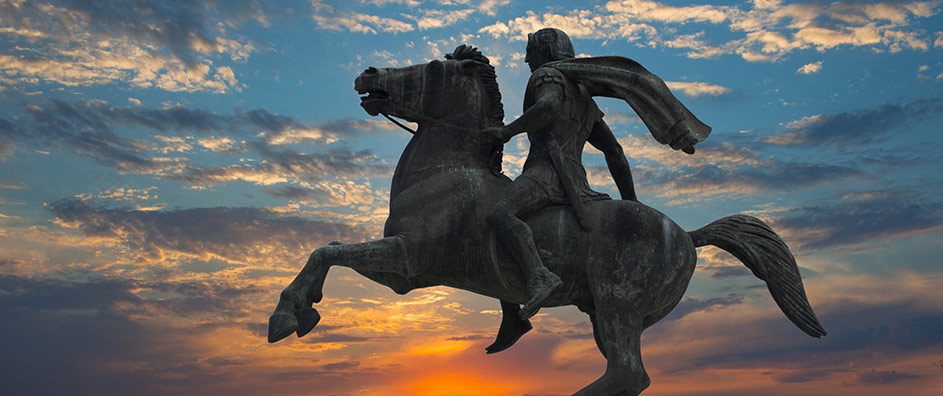


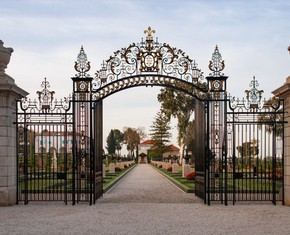
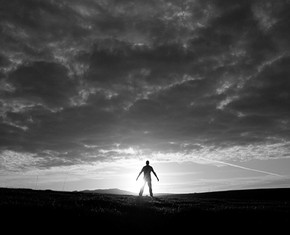

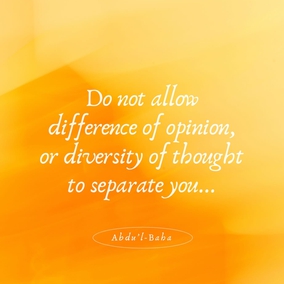

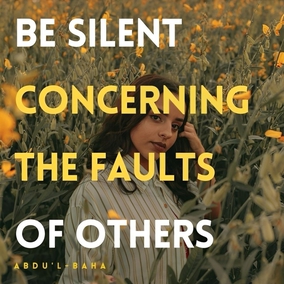





And the stairs going to the Shrine of The Bab is called The Pathway of Kings.